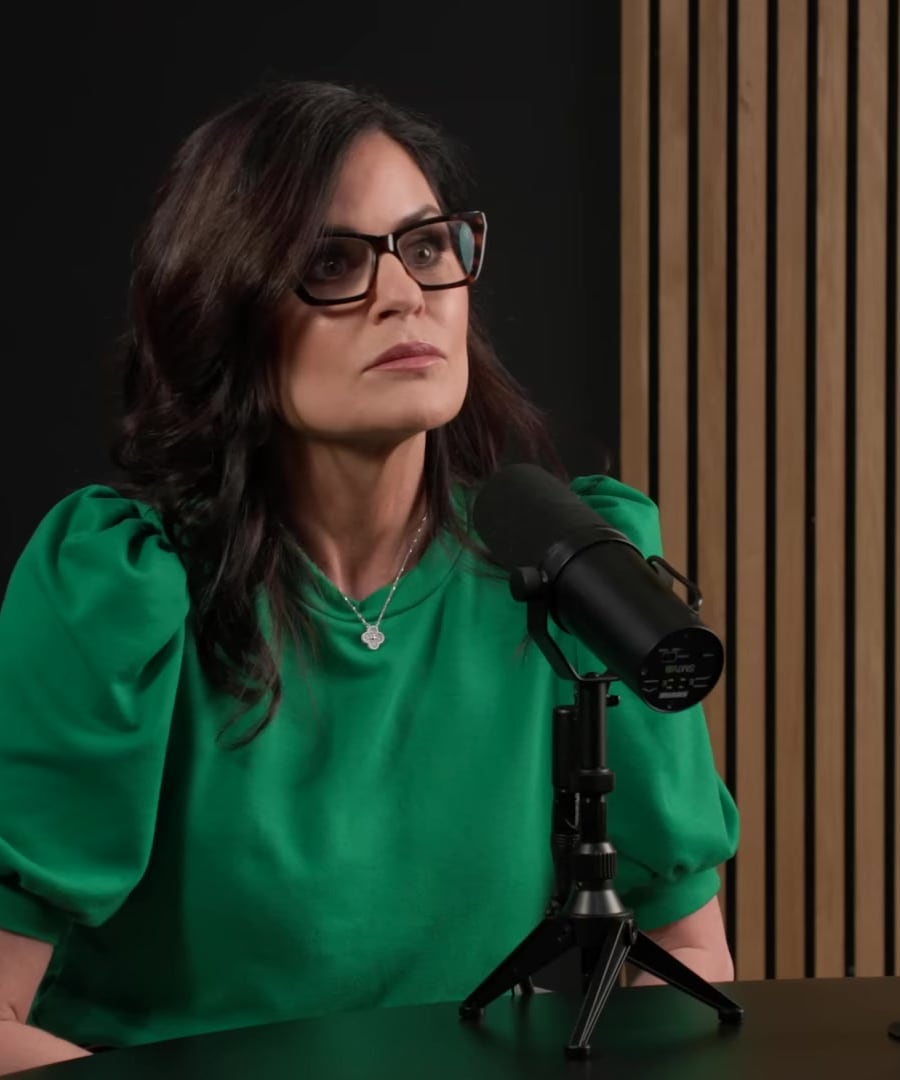how does hormone health change with age
Sources:
Hormone health changes significantly with age, reflecting shifts in lifestyle, environmental exposure, and life stages.
-
Lifespan Hormonal Fluctuations: Hormones fluctuate across the lifespan from childhood, through puberty, adulthood, and into old age. Essential lifestyle factors influencing hormone health include diet, exercise, stress management, sleep optimization, and sunlight exposure. Resistance training and caloric restriction are particularly beneficial for maintaining hormonal balance. Additionally, managing stress, optimizing sleep, and nurturing spiritual health are also crucial for overall well-being 1.
-
Age-Related Hormone Changes: Men's testosterone levels naturally decline with age, but levels can vary significantly among individuals. Some older men maintain higher testosterone levels similar to younger individuals, while others experience significant declines. This variation suggests hormonal aging is influenced by genetic and lifestyle factors 2.
-
Light and Hormones: Exposure to natural light significantly influences hormone levels. Testosterone and estrogen levels tend to be higher during longer days, impacting mood, energy, and social behaviors. This aligns with environmental changes and biological rhythms, revealing how outside factors can affect hormonal health 3.
-
Perimenopause and Menopause: Women face unique hormonal shifts during perimenopause and menopause, leading to increased mental health challenges. Estrogen and other hormones affect neurotransmitter levels, influencing mood and cognitive function. Hormone replacement therapy can offer benefits over conventional antidepressants in managing depression during these transitions 4.
These findings highlight the importance of considering lifestyle choices and environmental exposures across different life stages to support hormone health.
RELATED QUESTIONS-
how does hormone health change with age
- RELATED QUESTIONS



